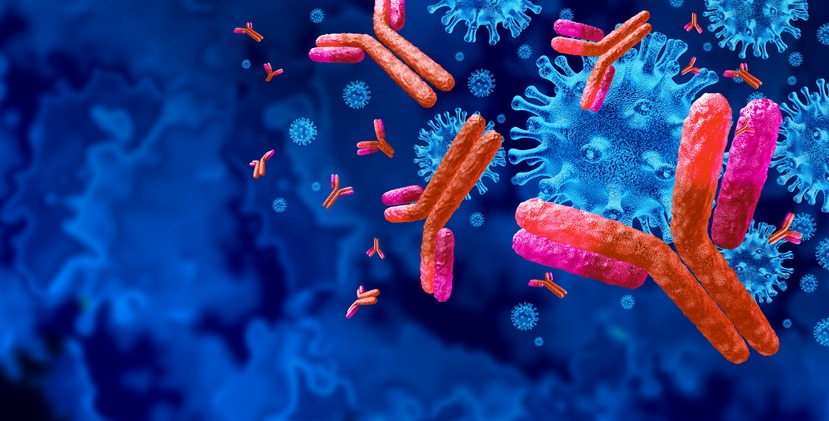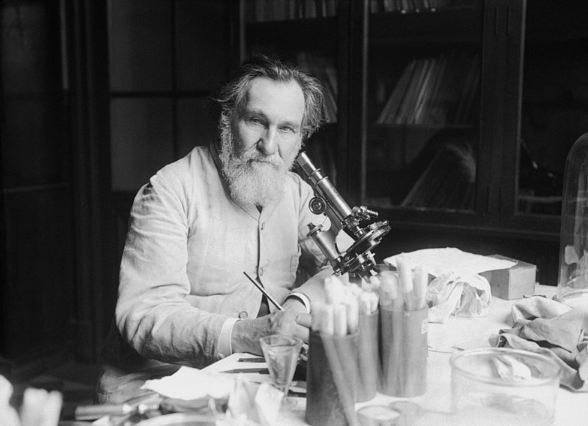Our immune system plays a vital role in the development and health of our bodies. Furthermore, it is not only present in humans but also in other living organisms, such as animals. Without it, our body is vulnerable to various pathogens, which include viruses, bacteria, protozoan, prion, viroid, and fungi. These different agents are known in the medical field as a threat to the human body. That is why the immune system is essential to our body since it protects us, as well as other organisms, against disease.
In our modern world, various diseases came from pathogens, which comes undetected in our body. Through immunology, scientists are able to come up with more efficient ways to learn more and fight against these life-threatening diseases.
What is the Immune System?
It is a defense system found in various organisms, which has many biological structures and processes to help shield our bodies from diseases. Its primary work is to identify a variety of pathogens from an organism’s healthy tissue. This process, done by the immune system is what keeps our body healthy and disease-free.
However, pathogens are capable of evolving rapidly, which could avoid the detection of the immune system. This adaptive ability of pathogens makes the human body more vulnerable to various diseases. Interestingly, our immune system also has the ability to adapt and evolve to detect such pathogens.
With all these said, we can say that the immune system plays an essential role in our body since it acts as the defense mechanism of the body against various health threats. Disorders in the immune system could result in serious health problems, such as cancer. That is why scientists and medical professionals conduct extensive research in hopes of gaining more information about the immune system. This broader study of the immune system is under the branch of medicine called immunology.
In this article, we are going to look into the definition of immunology. And mainly, what its history is.
What is Immunology?
Immunology is a field of study devoted to the observation and analysis of the immune systems in all organisms. It focuses on the study of the immune system to gain knowledge of its physiological function, as well as the various disorders that could possibly occur to it, such as autoimmune diseases, hypersensitivities, immune deficiency, and transplant rejection. These immune system malfunctions could lead to severe medical conditions if not treated right.
The application of immunology has gone to a wide range of studies of medicine. Some of the significant fields that benefit to immunology are organ transplantation, oncology, rheumatology, virology, bacteriology, parasitology, psychiatry, and dermatology. Each of these branches of medicine has a specific role in medical and health sciences, wherein immunology plays a crucial part.
Today, immunology is an important branch of medicine. That is why scientists continue to take part in its development, mainly along with the rise of various pathogens that could destroy our bodies.
What is the origin of immunology?
Medicine has already been a part of our history since prehistoric times. Throughout the years, many scientists devoted to the study of medicine – and science as a whole. Along with the rising knowledge in the medical field is the advancement of technology, which significantly heightens the development of science.
During the late century, the Russian zoologist Ilya IlyichMechnikov was credited in the discovery of phagocytes. The phagocytes are cells that act as protection for the body from the ingestion of foreign particles, such as bacteria. They are also the major defense mechanism in innate immunity.
This discovery made a significant impact on the development of medicine, and it serves as the foundation of immunology. Because of this, Mechinikov, along with the German scientist Paul Ehrlich received the 1908 Nobel Prize in Physiology or Medicine ‘in recognition of their work in immunity.’ Mechnikov is also the person who coined the term ‘immunology,’ as well as ‘gerontology.’
He is responsible for establishing the concept of cell-mediated immunity, and Ehrlich established the concept of humoral immunity. Their works became known to many scientists and were a founding knowledge in the field of immunology. The incredible works of Mechnikov earned him the title ‘father of natural immunity.’

